The views expressed in our content reflect individual perspectives and do not represent the authoritative views of the Baha'i Faith.
I grew up poor. When I was thirteen my family lived in a small trailer – all seven of us. I took up babysitting to make some money (twenty-five cents an hour!) – because when you have four younger brothers and sisters, one skill you definitely learn involves feeding and changing and taking care of babies.
Another family nearby had two small children, and the parents, both musicians, asked me to watch their kids at night while they played music in the local coffeehouse. This young couple, Deborah and Robert, would come home late from their gig and we would talk. They introduced me to the world of the beats.
Deborah and Robert were too cool. They had French berets and listened to blues and jazz and wore black and seemed enormously sophisticated, at least to a poor farm kid from the Northwest. Their house overflowed with books about modern painting and architecture and literature. After their small children went to sleep, I curiously read their books, and they helped open a fascinating new world of art and poetry and self-expression to me.
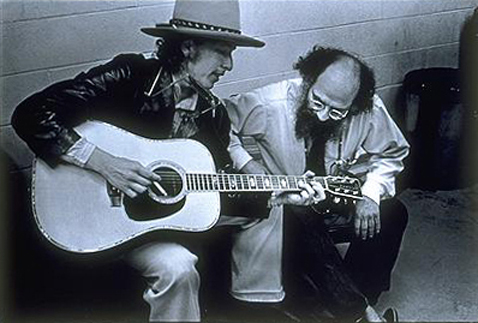
Allen Ginsberg and Bob Dylan
The beatnik era didn’t last long – probably from the early-1950s to the early 1960s – but it had an outsize impact on music, art and culture. The beat poets – Ferlinghetti, Ginsburg, Kerouac, Snyder, Rexroth – had a big influence on me, an impressionable teenager just beginning to find my way in the world. Their poetry spoke to me, with its themes of freedom, intellectual curiosity and the mystical, and I was hooked. So I passed the babysitting job to my little brother, and started hanging out at the coffeehouse with Deborah and Robert instead.
And after I listened and observed for a while I found myself powerfully attracted to something completely foreign to me – Zen Buddhism. The beats led me there, especially Gary Snyder and Jack Kerouac in the book The Dharma Bums.
There, I learned that my angry Lutheran childhood God could finally be happy.
In Zen I found a way to think about a kind, beneficent Creator all over again. I learned that Zen Buddhism, like many forms of Eastern religion, did not emphasize an anthropomorphized God – that big angry judgmental old man in heaven who scared me as a child.
Instead, the people who practiced and wrote about Zen described a gentler, more loving Creator, a version of the laughing Buddha, who accepted us imperfect humans with great humor and forbearance and patience, and encouraged us all toward a more reflective inner life.
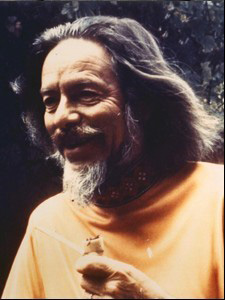
Alan Watts
Inspired, I decided to start my own spiritual practice of Zen meditation. Since I didn’t really know how it worked, and I didn’t really know anyone in my town who even knew about Zen, I naturally went to the library. I read all the books I could find, especially the ones from Alan Watts and D.T. Suzuki, who taught me about meditatively seeking enlightenment and the true nature of the universe and the deep mystery that lives and breathes at the heart of us all.
The books made me even more curious. But they encouraged me to not just think about my own spirituality, but to develop an actual spiritual practice. So I began by applying myself to the actual practice the Buddhists call zazen – which simply means sitting meditation – and it made me into a new person.
Zazen, at least in the simple way that I learned it, only requires a quiet, comfortable place to sit and the willingness to empty your mind of all thought. When I started to meditate, all I needed to do was strive to be aware of the stream of my inner thoughts, allowing them to arise in my mind and then pass away without interference. In this way I gradually understood that my self-awareness could only grow when I emptied my mind of its surface thoughts, and allowed myself to look a little deeper into my own consciousness.
Adopting this early meditation practice in my life led me to the idea of mindfulness. Buddha taught that this level of mindful awareness played an essential part in the seven factors of enlightenment so central to Buddhist teachings. I had rejected the religion of my childhood; and now I wanted something more, a sense that I could still attain peace, wisdom and inner truth in my own way. So I meditated. In that state, I began to see that something more existed than just this material world.
The development of this regular practice of meditation gave me my first awareness of something surpassing my own consciousness, of a plane of existence beyond the physical:
It is an axiomatic fact that while you meditate you are speaking with your own spirit. In that state of mind you put certain questions to your spirit and the spirit answers: the light breaks forth and the reality is revealed….
Through the faculty of meditation man attains to eternal life; through it he receives the breath of the Holy Spirit — the bestowal of the Spirit is given in reflection and meditation.
The spirit of man is itself informed and strengthened during meditation; through it affairs of which man knew nothing are unfolded before his view. Through it he receives Divine inspiration, through it he receives heavenly food.
Meditation is the key for opening the doors of mysteries. – Abdu’l-Baha, Paris Talks, p. 174.
You May Also Like
Comments



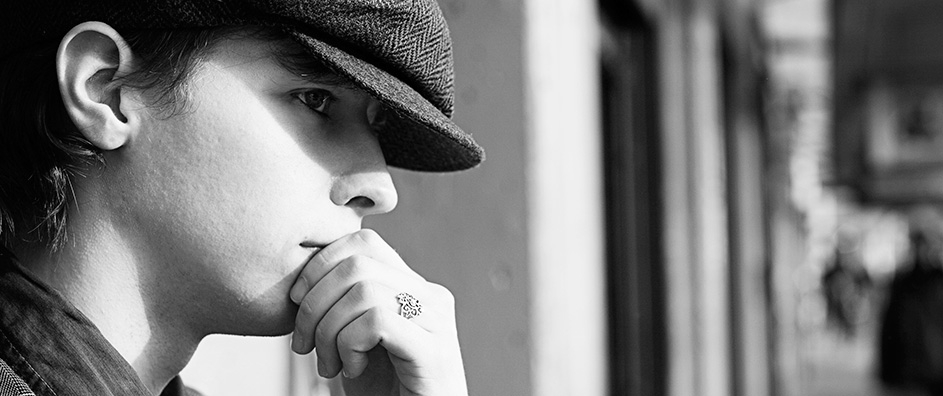

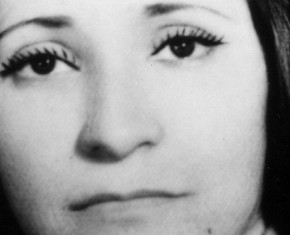

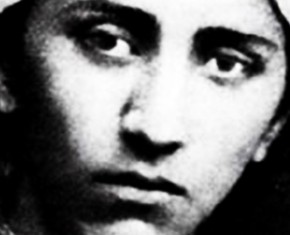
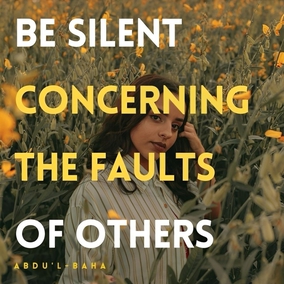








In 1971 about six hours after taking LSD, I was driving along and the book's title (This Is IT) traipsed lazily through my head. After about the third or fourth repeat, it hit me: "I" and everything else ("other") were the same thing. This "spiritual" experience not only turned me into an atheist, but a Super Atheist -- I "knew" that this moment (Now) was so complete that gods were just an unnecessary ...concept. So I've been a Buddha for 50 years, but (haha) no one seeks my autograph.